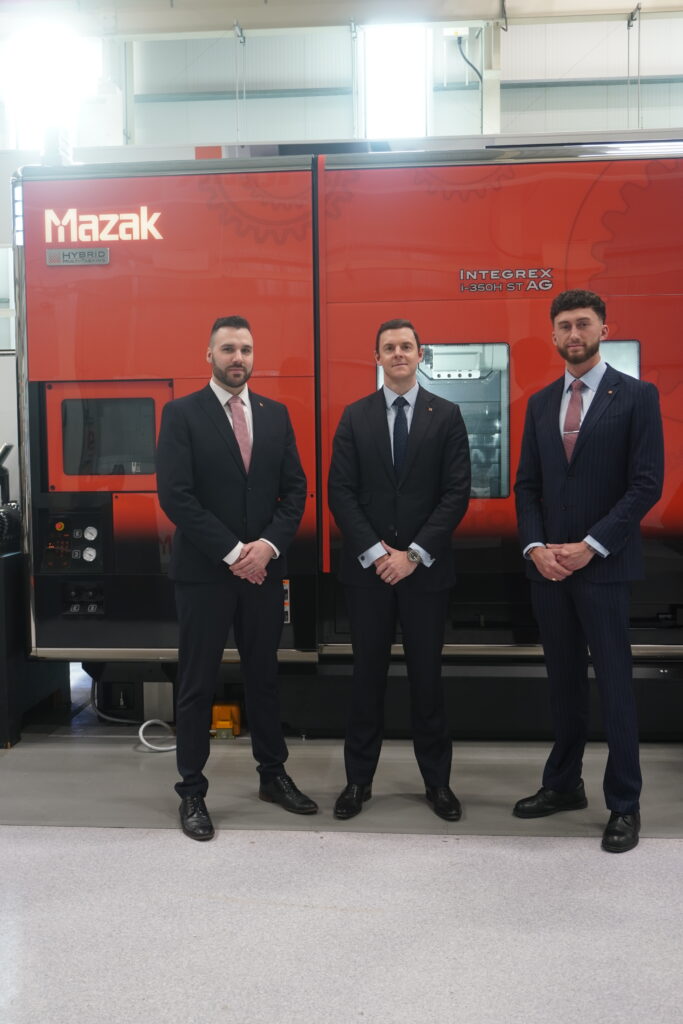Skill Shortages at a 17 year high and how we rectify this
Estimated reading time 4 minutes
(Report by Richard Brown, Sierra 57 Consult)
It’s been reported that four in five businesses are struggling to fill vacancies because of a lack of skilled workers — the highest number in 17 years.
 The number of employers reporting skills shortages has increased six-fold over the past decade, according to the annual survey of more than 2,000 UK employers, conducted recently by the Manpower Group, one of the UK’s largest statistics & data gathering companies.
The number of employers reporting skills shortages has increased six-fold over the past decade, according to the annual survey of more than 2,000 UK employers, conducted recently by the Manpower Group, one of the UK’s largest statistics & data gathering companies.
At Sierra 57 Consult we are witnessing a similar trend with vacancies at an all-time high with businesses looking to fill the gaps within their businesses. Talent shortages are always a concern for employers, and we are hearing that they are acutely aware of the increasing scarcity of key skills they require. So, they are trying to hold on to their business-critical talent but all too often companies talk about their culture, opportunities and in-house mobility, though the truth at times S57C is finding is very different when candidates approach them looking for their next career opportunity.
There is a battle for talent going on, but it needs to be recognised that many businesses are very poor at skills training in all of its many aspects. This leads to the question if no one trains anyone, where do they think their future skilled employees are coming from in the Post-Brexit world?
Historically reducing costs by eliminating in-house training and development to boost the bottom line may work for a year or two, but doing this means you end up with a widespread lack of skills as we are currently witnessing. “Just in time hiring” to fill skill gaps does not work as a solution when there is a vacuum in available skills. It’s not rocket science, the solution is in businesses’ own hands, but of course it’s easier to blame someone else – the government, education, Brexit, etc.
Some of the trade skill shortages we are seeing today are largely thanks to an egalitarian Tony Blair’s view that everyone should be able to do a degree, which necessitated changing really useful technical colleges, polytechnics, etc. to universities and we are now paying the price of this. However, Companies such as Dyson and those that sponsor UTC schools have taken it upon themselves to try to fill the gaps.
At Sierra 57 in 2021 Mark Lawson – Managing Director approached the problem of candidates and skill shortages by thinking outside of the conventional box. Approaching their customers, he floated the concept of a Training/Consulting division of the business to provide in-house training to upskill current staff and thereby fill the apparent skill gaps. The response was decisive and from Mark Lawson’s training vision was born the Sierra 57 Consult Training Division.
In 2022 Sierra 57 Training gained accreditation for Continuous Professional Development (CPD) for their courses from the Institute of Materials, Minerals and Mining (IOM3). With enlightened customers embracing the training model S57C Training delivered 181 courses to 455 individuals. There were also 46 CPD certificate’s awarded representing 1,344 CPD training hours.
At Sierra 57 we don’t believe in lengthy trainings courses away from the business, we have broken this down into Modules of a ½ or 1 day duration delivered onsite using the customers machines, tools and materials. In this manner trainees learn at a pace that suits them in small class sizes. Our expert trainers transfer their skills to the trainee after carefully assessing their needs via a Training Skills Assessment. In this manner we help trainees achieve their true potential by ensuring sustained improvement of skills and behaviour to drive increased performance.
Equally in order to promote a trainee’s learning curve, new education learning and promote mental application / mental wellness, S57C trainers will deliver mould module education across any client shift pattern, offering total flexibility to both customer & trainee.
So what are the recognised benefits to having a training plan:
- Increased skills leading to fewer mistakes.
- Identifies employees’ strengths & weakness.
- Morale and employee self-confidence improves.
- More employees are better equipped to solve problems.
- Product quality & consistency improve.
- Damage to equipment reduces & less financial impact on Capex budget.
An investment in training shows your employees they are worth the investment & you care about their success, supporting & empowering their career aspirations.
Training helps to create a new culture. Sierra 57 Consults hands-on training is an excellent vehicle to fast–track your lower-level personnel into higher level job functions. This allows you to easily back-fill the lower-level positions and start the training journey again.
So the conclusion is that Employee Training is a smart investment, you are training to gain an advantage.
Onsite Training Division : www.sierra57training.com
Recruitment Division: www.sierra57consult.com


